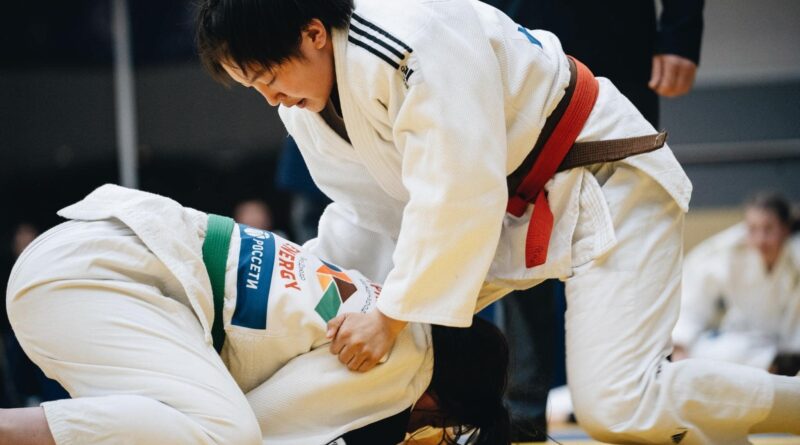The relationship between perceived social support and psychological resilience in Chinese adolescent Judo athletes
Chen W, Wang H, Liu Z, Yao J, Chu D, Zhu X, Niu H. The relationship between perceived social support and psychological resilience in Chinese adolescent Judo athletes: a cross-sectional study on the mediating role of depression and the moderating role of age. Front Psychiatry. 2025 Sep 10;16:1558351.

ABSTRACT
Introduction: Adolescent judo athletes face significant mental health risks due to high-intensity training and competition pressures. Perceived social support and psychological resilience are critical protective factors, yet their underlying mechanisms are not fully understood in this population. This study aimed to investigate the relationship between perceived social support and psychological resilience, examining the mediating role of depression and the moderating role of age.
Methods: This cross-sectional study included 207 Chinese judo athletes (106 males, 101 females; mean age = 18.77 ± 2.57 years; age range = 14-33 years) recruited between July and October 2024. Participants completed the Perceived Social Support Scale (PSSS), the Center for Epidemiological Studies Depression Scale (CES-D), and the Sports Mental Toughness Questionnaire (SMTQ). Data were analyzed using descriptive statistics, Pearson correlation, and a moderated mediation model via the SPSS PROCESS macro.
Results: Perceived social support was a significant positive predictor of psychological resilience (b=0.338,p<0.01). This relationship was fully mediated by depression (indirect effect = 0.163, 95% CI [0.099, 0.242]), which accounted for 56.79% of the total effect. Furthermore, age moderated the association between perceived social support and depression (interaction effect = 0.049, 95% CI [-0.165, 0.263]), indicating that the protective effect of social support against depressive symptoms weakened as athlete age increased.
Discussion: The findings demonstrate that perceived social support enhances psychological resilience in adolescent judo athletes, largely by alleviating symptoms of depression. The moderating effect of age suggests that the efficacy of social support in buffering against depression may vary across different developmental stages. These results highlight the importance of fostering strong support systems for young athletes, with a potential need for age-tailored mental health interventions. Future research should explore these dynamics using longitudinal designs and in diverse athlete populations.
Keywords: Judo athletes; adolescents; depression; perceived social support; psychological resilience.
Download the full article HERE.

